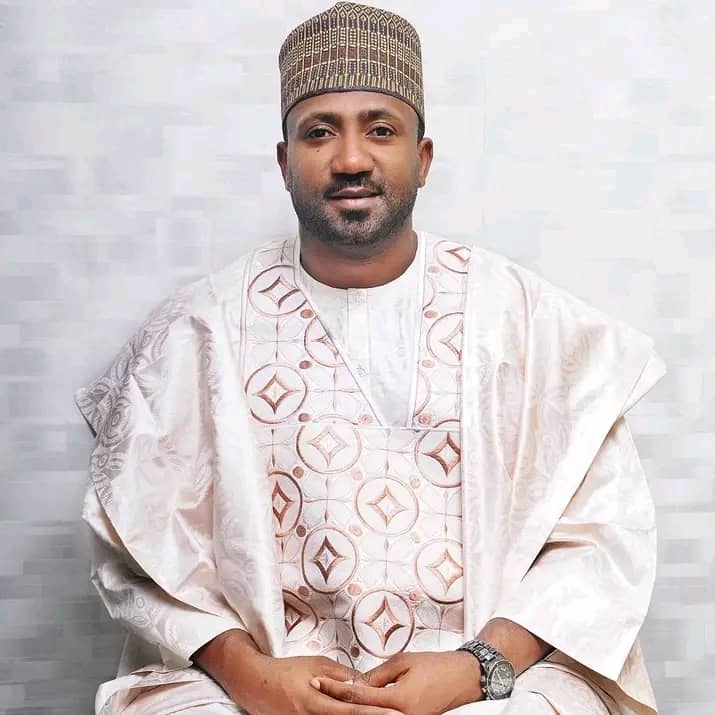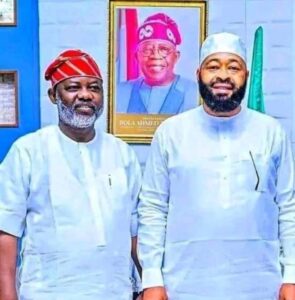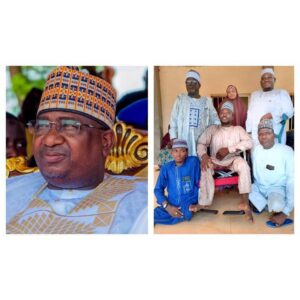
By Umar Yakubu
Our problems are well documented but providing the electorate with accurate information doesn’t seem to help; they discount it because they choose not to understand it or they simply deny it.
An annual ranking of universities worldwide places Stanford University in the top five. In terms of research, it is among the best. The university has made several intriguing discoveries regarding the human mind and its limitations to reason, as well as how well-established facts do not always cause individuals to change their beliefs, in one of its research wroks on human psychology.
One example, out of thousands since the 70s, was the recruitment of some students for a psychology study. For this experiment, researchers engaged with a group having opposing opinions about capital punishment. Half of the students were in favour of this form of discipline and thought that it deterred crime; the other half were against it and thought that it had no effect on crime.
The students were asked to respond to two studies. One provided data in support of the deterrence argument, and the other provided data that called it into question. Incidentally, both studies were made up of and designed to present what were, objectively speaking, equally compelling statistics. Students who had previously supported the death penalty gave the evidence in favour of deterrence a high level of credibility, while finding the evidence against it unpersuasive.
The students were again questioned about their opinions after the experiment. Those who had first supported the death penalty were now much more in favour of it, while those who had previously opposed it were even more hostile. Even after the evidence supporting their views has been contradicted, the researchers observed that people refused to make appropriate changes in their beliefs.
The Stanford research became famous in psychology studies. These results have been validated and expanded upon by thousands of additional studies thereafter.
Emotions feeds our confirmation biases – the tendency people have to embrace information that supports their beliefs and to reject information that contradicts them. Neurologically, people experience a dopamine rush when processing information that supports their beliefs. It leads them to dismiss other levels of evidence. When presented with another person’s argument, we are adept at spotting only its weaknesses, and blind to its strengths.
I found these series of research interesting as we have upcoming elections in 2023, and all the facts supported by reliable data are available to support rational decision-making of our next political choices. The problem is that facts do not seem to positively influence our minds in electing leaders.
Four months to the elections, minds have been made up on the basis of certain arguments, instead of logical thinking. Ego dominates the space. Just like the study above, there is nothing this set of politicians contesting for office have not told us before. Most of their promises have been fictional, as revealed in their past performances. Most aspirants at the national and sub-national levels have been in positions of authority prior to the present time, as such there is a basis for comparison. There is little evidence to indicate that they possess the competence, character and capacity to execute anything meaningful, as they now claim. Yet, we have almost all made up our minds on whom to vote for without thinking about whether we even understand what they are saying; assuming that they are really saying anything.
TEXEM Advert
Ironically, several similar studies have demonstrated that seemingly reasonable people could also be totally irrational. And that the habits of the mind which seem weird from an “intellectualist” point of view, differ when seen from a social “interactionist” perspective. This is probably why most geniuses and reformers are often seen as mad by the majority. And this becomes more intriguing in a complex democracy like ours, in which the majority determines the chosen trajectory. We are driven by herd mentality through which emotions trump rationality.
Emotions feeds our confirmation biases – the tendency people have to embrace information that supports their beliefs and to reject information that contradicts them. Neurologically, people experience a dopamine rush when processing information that supports their beliefs. It leads them to dismiss other levels of evidence. When presented with another person’s argument, we are adept at spotting only its weaknesses, and blind to its strengths.
We may continue to misunderstand or ignore facts, but the fact is that Nigeria is presently bleeding badly. And we are at a point where we can change the trajectory, for our survival. Billions of naira are going into security, but we are not getting value for this money. Our total revenue is going into the servicing of debt; and we are even borrowing to service these debts. Due to politics, we have refused to restructure the country for stability and prosperity. We have a stinking rent-seeking problem in which those on the corridors of power shamelessly flaunt wealth, with no known activity that generated this.
The political will to implement the Oronsanye Report on the restructuring of institutions of governance is low. Instead, we are creating more departmenst and agencies of government and pumping billions of naira into them to keep ballooning our national recurrent expenditure. We are supposed to have a foreign exchange crisis in the country, but most people think it’s only a CBN problem. Instead of focusing on its primary function of regulating monetary policy and price stability, the Bank has digressed into agriculture, humanitarian, and many other functions – which are not part of its core mandate – that other public officials are supposed to be in charge of.
We have evolved from impunity to outright shamelessness in Nigeria. National awards are now majorly for political appointees and not performers and innovators. Alarms raised by civil society organisations and the media have had little impact on this misnomer. The Chancellor of the Exchequer in the UK was recently relieved of his duty over an economic stunt that briefly caused the value of the British pound sterling to fall very badly. Ours has been nose-diving since forever. Yet, the public officials supposed to be managing the currency and preventing its attrition are still around, serving on their jobs without any worry. Just think of the massive failures of government in our country and the ministers who ought to be in charge that have been around for the past seven years and contextualise their inactions as against the fate of Chancellor Kwame Kwarteng, who was only in office for 38 days, and you will understand the notion of accountability in governance.
Our problems are well documented but providing the electorate with accurate information doesn’t seem to help; they discount it because they choose not to understand it or they simply deny it. Khalifa Sanusi was at the last Kaduna Investment event churning out statistics that should make one cringe about the parlour state of our national affairs and the deeply disturbing fiscal cliff Nigeria is on. Yet, rather than great worry, people were clapping! Our bane is that most candidates for public office do not even provide proper information on the situations they intend to work on. Instead, they appeal to emotions via ethnic and religious sentiments, which unfortunately, in Nigeria, works all the time! In the last few months, all the major aspirants have deployed this weapon. I sincerely hope and pray that as we move into the elections period with all the possibilities of change that it offers, people’s minds will open up properly to the stark realities around them, and they will act in manners that counter the herd determinations aptly revealed in the Standford research.
Umar Yakubu is with the Centre for Fiscal Transparency and Integrity Watch. Twitter @umaryakubu


